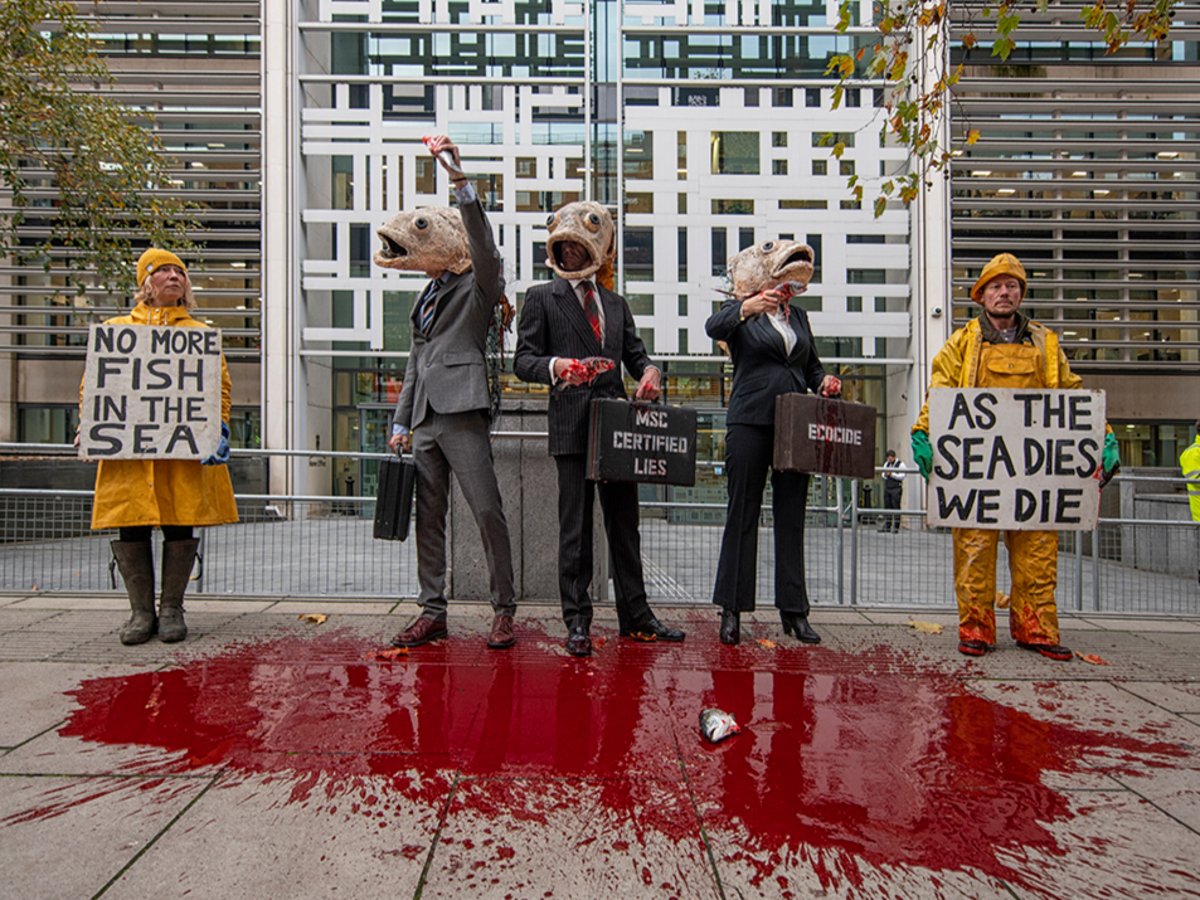Following the bombings in Warrington and Bishopsgate, an Irish official warned that the attacks would likely strengthen “Tory right” and “financial interests” in London
The Bishopsgate bomb placed in a stolen truck killed one person and injured 44.
It caused widespread destruction in the City of London and caused millions in damage.
Three-year-old Jonathan Ball and twelve-year-old Tim Parry were killed in the Warrington bombing and 54 people were injured in the explosion in the city of Cheshire.
In an official communication dated April 27, 1993 between Advisor Joe Hayes and Deputy Secretary of State Sean Ohuiginn, Mr. Hayes described the mood in Westminster after the attacks.
“The Westminster response is likely to follow a predictable pattern,†he writes a few days after the Bishopsgate explosion.
“The bombings will no doubt surface in the coming week, likely in response to questions from the Prime Minister, and the Tory right wing will push their predictable calls for an improved security response.
“This time around, however, the usual voices could be stiffened by the addition of a few London-based MPs and, behind the scenes, by powerful voices representing the interests of various financial institutions in the City of London.
“In the case of London, a lot is being put into the city’s ability to absorb the danger and inconvenience of a terrorist threat.
“Similarly, the City of London has easily absorbed the financial loss of last year’s bomb attack on the Baltic Exchange. The reaction to what happened over the weekend should therefore not be overstated. Nonetheless, the sheer size of the Bishopsgate bombing puts it in a different league than the usual incident and has heightened the feeling that something needs to be done.
“The London-based Conservative MPs and the lobby that represents the financial interests of the City of London are strong points of pressure within the Conservative Party, whose views the government cannot simply ignore.
In a separate communique following the Warrington explosion, which sparked widespread public anger, British Ambassador Joseph Small compared responses to the Warrington murders with those in Northern Ireland.
In relation to a recent exchange between Liberal Democratic Leader Paddy Ashdown and Prime Minister John Major in the House of Commons, Mr Small writes on 1st Northern Ireland Doesn’t Count.
“Despite the fact that they occurred earlier that day, there was no evidence of the multiple killings at Castlerock,” he says, referring to the murder of four Catholics by the Ulster Freedom Fighters.
“This failure was reflected in the popular press,” he continues.
“In a week dominated by images from Warrington, there was simply no room for coverage or editorial outrage about the horrific murders in Northern Ireland.”
In the same letter, Mr. Small suggested that the murder of Merseyside toddler James Bulger “colored” part of the response to the Warrington explosion.
“Both events have become inextricably linked in public opinion, adding to feelings of uncertainty and concern about the apparent breakdown in public order and morality.”
The ambassador openly assesses what the Warrington bombing means for British politics and warns that it will “strengthen the hand of the right-wing law and order lobby” in the short term.
In a long letter informing officials in Dublin what the explosion means for attitudes towards both the Irish community in England and the Irish government, Mr Small mused that there was some signs of optimism.
He said the media and public reaction showed that “most thinking Brits no longer blame their Irish neighbors for the IRA”.
 PLC 4ever
PLC 4ever



